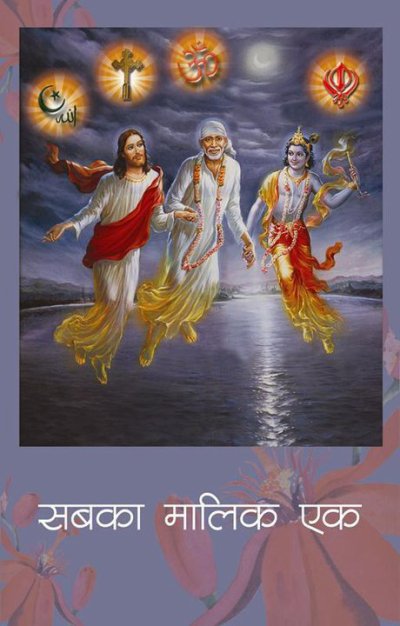When Lord Chaitanya was traveling in South India, in a big temple, Ranganatha temple, He went to see the Deity, and He saw one brahmana was reading Bhagavad-gita. And people were joking with him, ‘Oh, Mr. Brahmana, how you are reading Bhagavad-gita?’ Because they were neighbors, they knew that this brahmana was illiterate, and he was studying Bhagavad-gita. So they were joking. But the brahmana did not care about them. He was taking the book and in his own way he was reading. Chaitanya Mahaprabhu saw this incident. He came to the brahmana. He asked the brahmana, ‘My dear brahmana, what you are reading?’ The brahmana could understand, ‘This person is not joking with me; he is serious.’ So he explained, ‘My dear sir, I am reading Bhagavad-gita. Unfortunately, I am illiterate. I do not know even the alphabet.’ ‘Why you are reading Bhagavad-gita?’ So he said, ‘My spiritual master knows that I am illiterate, but still, he has asked me to read Bhagavad-gita. What can I do? Therefore I have taken this book. I am simply seeing. I do not know how to read.’ ‘Oh, that’s all right. You cannot read. But I see that you are crying. How you are crying, if you are not reading?’ ‘Yes, I am crying. Of course, there is cause.’ ‘What is that?’ ‘As soon as I take this Bhagavad-gita, I remember Krishna. Krishna is sitting as driver and Arjuna is hearing. I have heard the story. I know something of the instruction but cannot read. So as soon as I take this book, this picture comes before me and I simply think how Krishna is nice that He has become a charioteer of His devotee. He is so great. Still, He has accepted a menial service of His devotee. This gives me so much pleasure that I cry.’ Chaitanya Mahaprabhu embraced him, ‘Your Bhagavad-gita reading is perfect. You have taken the essence.’
“If you simply remember how Krishna is teaching Arjuna and Arjuna is hearing—if you simply remember the picture—that is sufficient. Even if you think that you cannot read. Because after all, we have to become Krishna conscious. We don’t have to become a learned man to argue with another learned man. If it is possible, we can do that. But it does not make any difference if I cannot argue with others or if I cannot teach very nicely Bhagavad-gita to others. Simply if I remember this picture, that is perfection. Because we have to become Krishna conscious. We have to simply think of Krishna. You think in any way. That is your perfection. Smartavyah satatam visnuh [Padma Purana]. This is the injunction. You have to think of Visnu always. This is samadhi; this is meditation; this is yoga siddhi, perfection of yoga.
“One who has learned to think of Krishna always, he is already on the perfectional stage. Aradhito yadi haris tapasa tatah kim [Narada Pancaratra]. If one has come to this stage, just to understand Krishna to be the great, the Supreme Personality of Godhead, and he’s a surrendered soul: ‘Krishna, whatever You like You do. I am surrendered.’ This is aradhana. Then he isn’t required to undergo any austerities or penance. His everything is finished. And naradhito yadi haris tapasa tatah kim. And if he does not come to this stage, his so-called scholarship, learned argument, this or that—all nonsense, finished. Useless. One has to come to this stage. Therefore Lord Chaitanya embraced the brahmana: ‘Yes, your study of Bhagavad-gita is perfect.’ Because one has to come to this stage, thinking of Krishna always.





